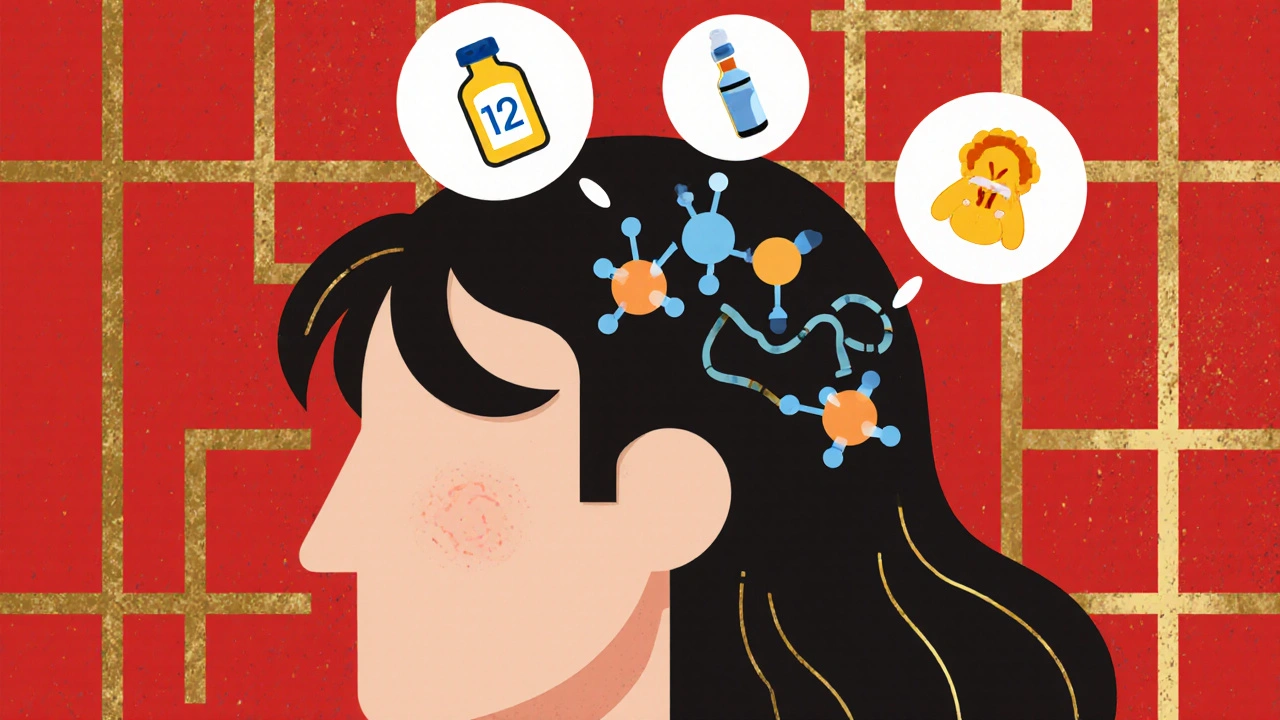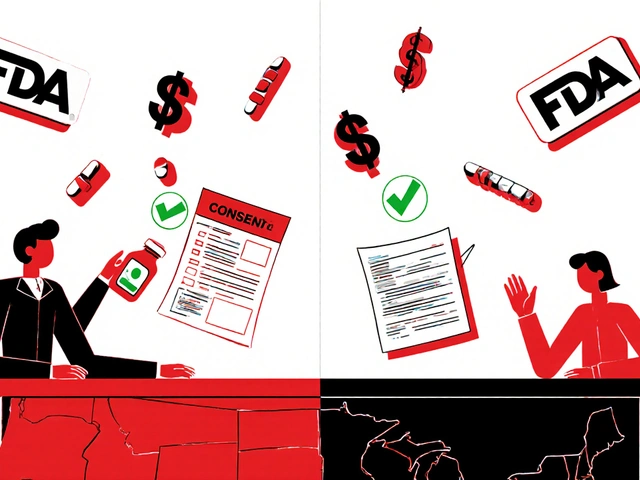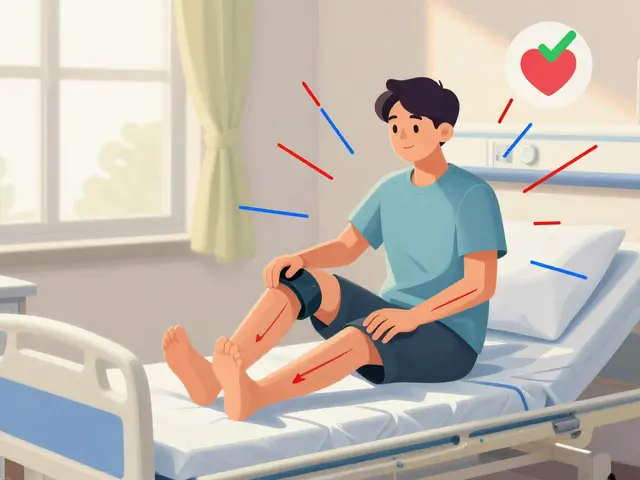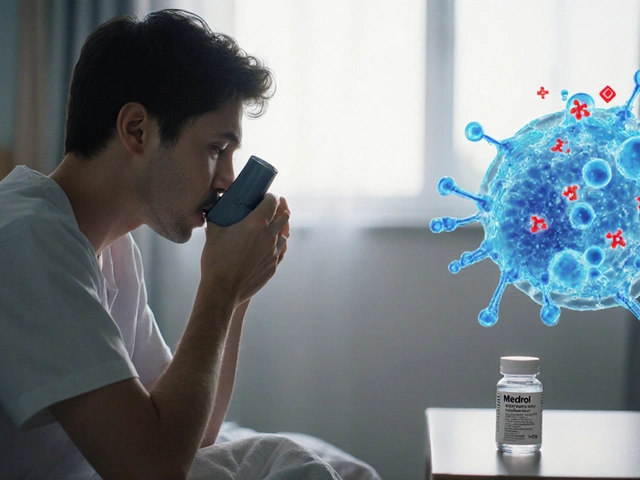Hair Loss: Causes, Treatments, and What Actually Works
When you start noticing more hair in your brush or a widening part, it’s not just vanity—it’s a biological signal. hair loss, the thinning or shedding of hair beyond normal levels. Also known as alopecia, it can happen to anyone, at any age, and for reasons that go far beyond stress or bad shampoo. For men, it’s often male pattern baldness, a genetic trait passed down through families. For women, it’s more likely tied to hormones, especially after pregnancy, menopause, or thyroid changes. And for some, it’s an autoimmune condition called alopecia areata, a condition where the immune system attacks hair follicles. The good news? Not all hair loss is permanent, and many types can be slowed—or even reversed—with the right approach.
What you do next matters more than what you blame. If you’re losing hair because of medication side effects, like those from chemotherapy or certain antidepressants., stopping the drug (under doctor supervision) might bring it back. If it’s linked to nutritional deficiencies, such as low iron, zinc, or vitamin D., fixing your diet or taking supplements can help. But if it’s genetic, you need treatments that target the root cause—like minoxidil, a topical solution proven to regrow hair by stimulating follicles. or finasteride, which blocks the hormone that shrinks follicles. These aren’t magic pills. They take months to show results, and if you stop, you lose the gains. That’s why consistency beats quick fixes.
There’s a lot of noise out there—herbal oils, scalp massages, expensive lasers. Some work for some people. But only a few treatments have solid, repeatable science behind them. The posts below cut through the hype. You’ll find real comparisons between drugs like finasteride and minoxidil, how food affects how well your hair meds work, what new research says about gut health and thinning hair, and how certain medications—like those for depression or high blood pressure—can accidentally trigger shedding. No fluff. No ads. Just what actually helps, what doesn’t, and who it works for.





